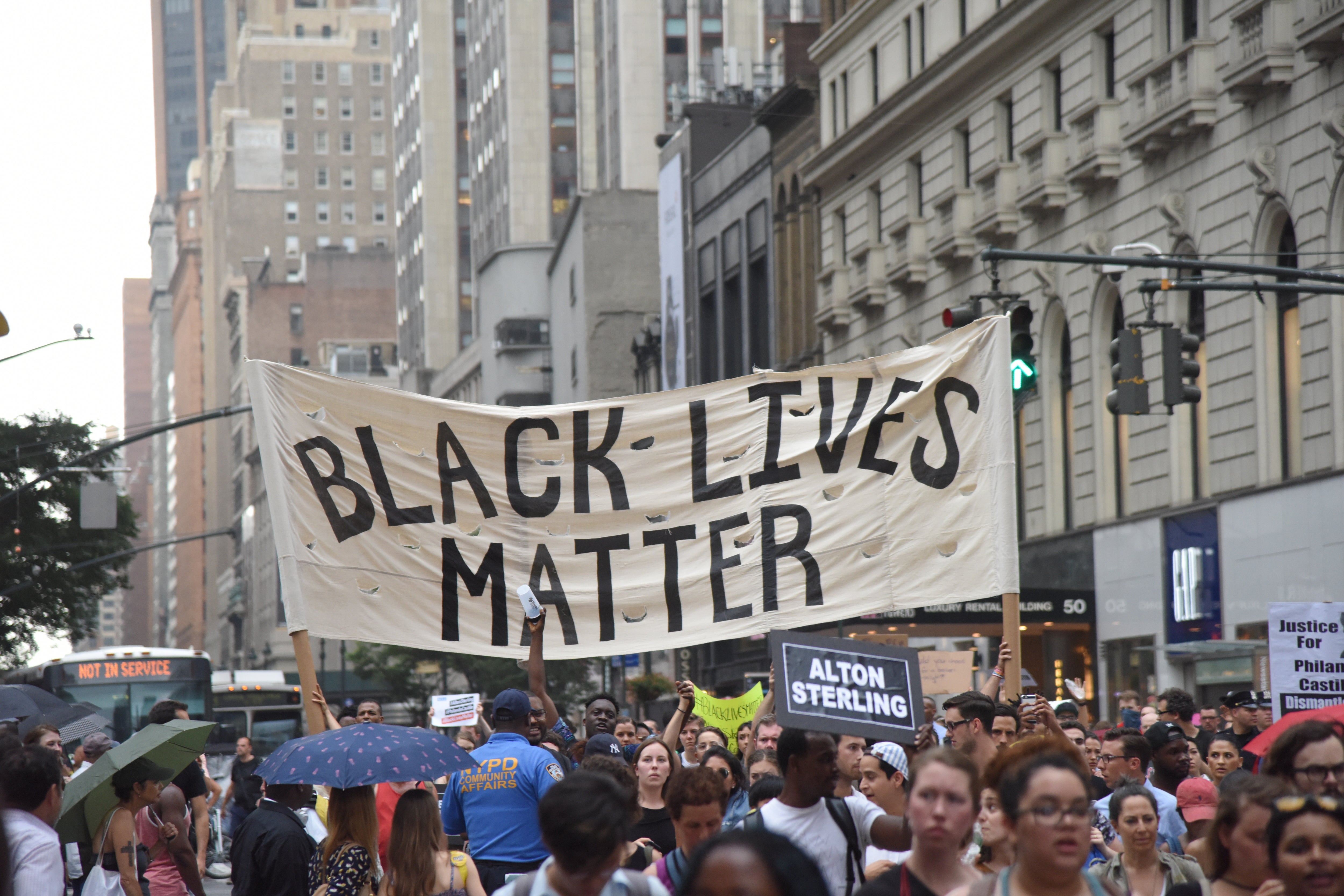
Black activism has a pervasive history in the United States that extends generations ago to the time of slave rebellions and the Underground Railroad.
In a video infographic posted to Facebook, Mic.com compares the American public perception of today’s Black Lives Matter movement to the Civil Rights Movement of the 1960s.
According to Mic, “Americans are as skeptical of Black Lives Matter today as they were of the civil rights movement in the ‘60s.” The site reports that 42 percent of young white Americans say they don’t support the BLM movement.
Subscribe to our daily newsletter for the latest in hair, beauty, style and celebrity news.
The short video states that in 1964, 63 percent of Americans said the leaders of the Civil Rights Movement pushed “too fast,” 57 percent said civil rights activists were violent, and 58 percent said it hurt their own cause – very similar rhetoric the media has used when addressing the Black Lives Matter movement.
But Opal Tometi, co-founder of BLM, said the movement is about much more than civil rights. Almost a year ago today, on International Human Rights Day, Tometi advocated that Black Lives Matter is, in fact, a human rights movement.
“Black Lives Matter is often called a ‘civil rights’ movement. But to think that our fight is solely about civil rights is to misunderstand the fundamental aspirations of this movement,” Tometi told TIME. “Today, on International Human Rights Day, we recognize the current struggle is not merely for reforms of policing, anymore than the Montgomery Bus Boycott was simply about a seat on the bus. It is about the full recognition of our rights as citizens; and it is a battle for full civil, social, political, legal, economic and cultural rights as enshrined in the United Nations Universal Declaration of Human Rights.”
Black Lives Matter is an evolution of the Civil Rights Movement and the preceding actions that rebelled against black oppression. How it is perceived today is reminiscent of the historical perception of black activists in America’s past.



